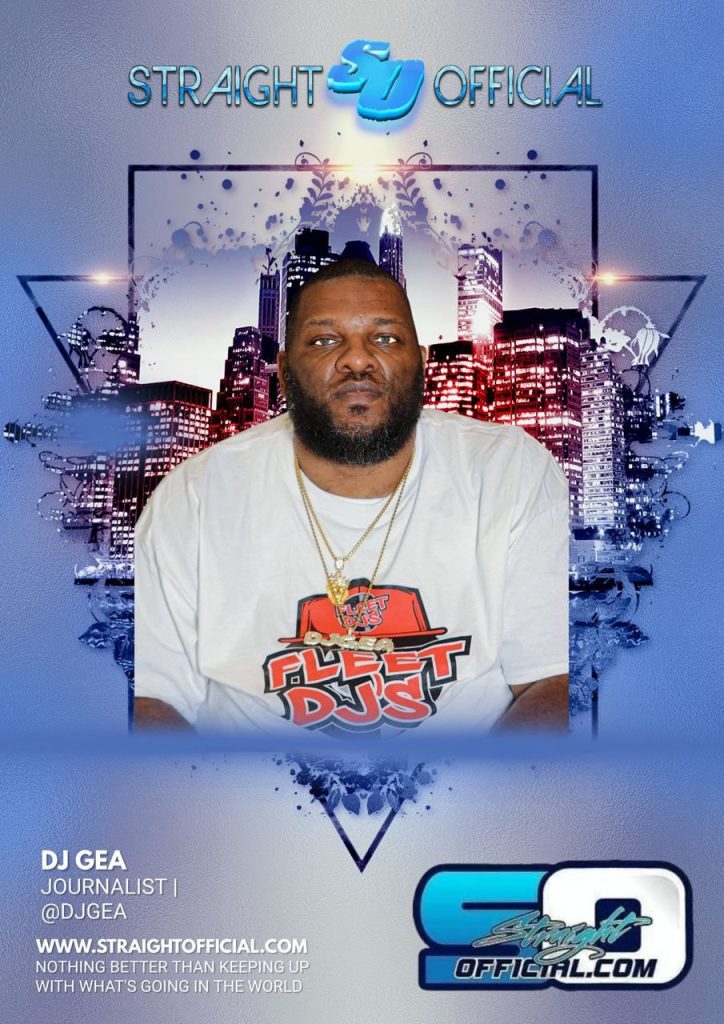

Welcome to the Watchlist: Conversation With a Vision where Straight Official’s own DJ Gea chops it up with a purpose. CarlaG is a talented, energetic artist from the chi, that’s setting the tone for 2023.
Q&A WITH CarlaG
Dj Gea: Let our readers know where you’re from and how the city you lived in motivate and push you?
CarlaG: Iam from the south side of Chicago, wild hundreds to be exact. The south side of Chicago is considered to have the highest concentration of black people living in poverty in one area. That alone keeps me motivated because I want different. I want to be the one to make it and give those same people hope that they can do the same.
How did you get started in music? what was it about music that caught your attention?
My mom and my dad use to rap in the underground music scene in Chicago in the late 90’s/ early 2000’s so I’ve always been around music. The one thing that caught my attention with music is being able to express myself. I found music to be my outlet.
Where did the name CarlaG come from?
CarlaG is my nickname that a childhood friend gave me and it kind of just stuck.

I can be whichever part of me I want to be on songs.
CarlaG
SHIFTING GEARS
How long have you been doing music? What has been your biggest accomplishment so far?
I’ve been taking music seriously for about 3 1/2 years. My biggest accomplishment so far would have to be performing at “Smurkchella” and opening up for Lil Durk.
What do you bring to the game that no other artist is bringing?
For me originality has always been super important. I feel like it’s easy to get caught up in everybody’s sound to be liked by fans. My originality and energy stands out the most!
How do you plan to set the tone in 2023?
In 2023 I plan to set the tone by staying consistent by showing my fan base how versatile I can be.


MUSIC IN CarlaG’s WORDS
What is your style of music?
My style of music is like a modern day Chicago Foxy Brown/Lil Kim.
What’s your process to writing a song?
When I’m writing a song 9 times out of 10 I’m in my car. I always have the instrumental on repeat blasting and I just start freestyling. Once I come up with a hook I just go from there.
How do you feel about performing?
I’ve been performing live for the past 3 years. Over the past couple years my stage presence and performance has tremendously improved. I’m confident that I can rock any arena or stadium by myself.

I’m inspired to be more transparent in music. I always make club songs, but this year I plan to challenge myself with different sounds of music.
CarlaG
What single are you pushing now? Tell us about it.
I have two singles I’m pushing right now titled Freak Heaux and Yo Birthday. Both songs I wrote in my car just vibing out to instrumentals. @BallOnDaBeat produced Freak Heaux and @JonnyYayo77 produced Yo Birthday. Both songs have visuals out right now available on YouTube (@TheOfficialCarlaG)
IN CLOSING
So besides music, are there any other ventures you are currently sewing your seeds in?
Outside of music I am an entrepreneur and teacher. I just recently started in the transportation industry. I also have a lingerie/clothing line.
Where do you see yourself in the next 3 to 5 years?
In the next 3-5 years I see myself at the Grammys, all of the award shows and just being one of the main faces in music from Chicago. I plan to be the new hot topic in the music industry.
Let the people know how to get in contact with you?
You can find me on all social media @crazyyassgirl and also on YouTube @TheOfficialCarlaG





